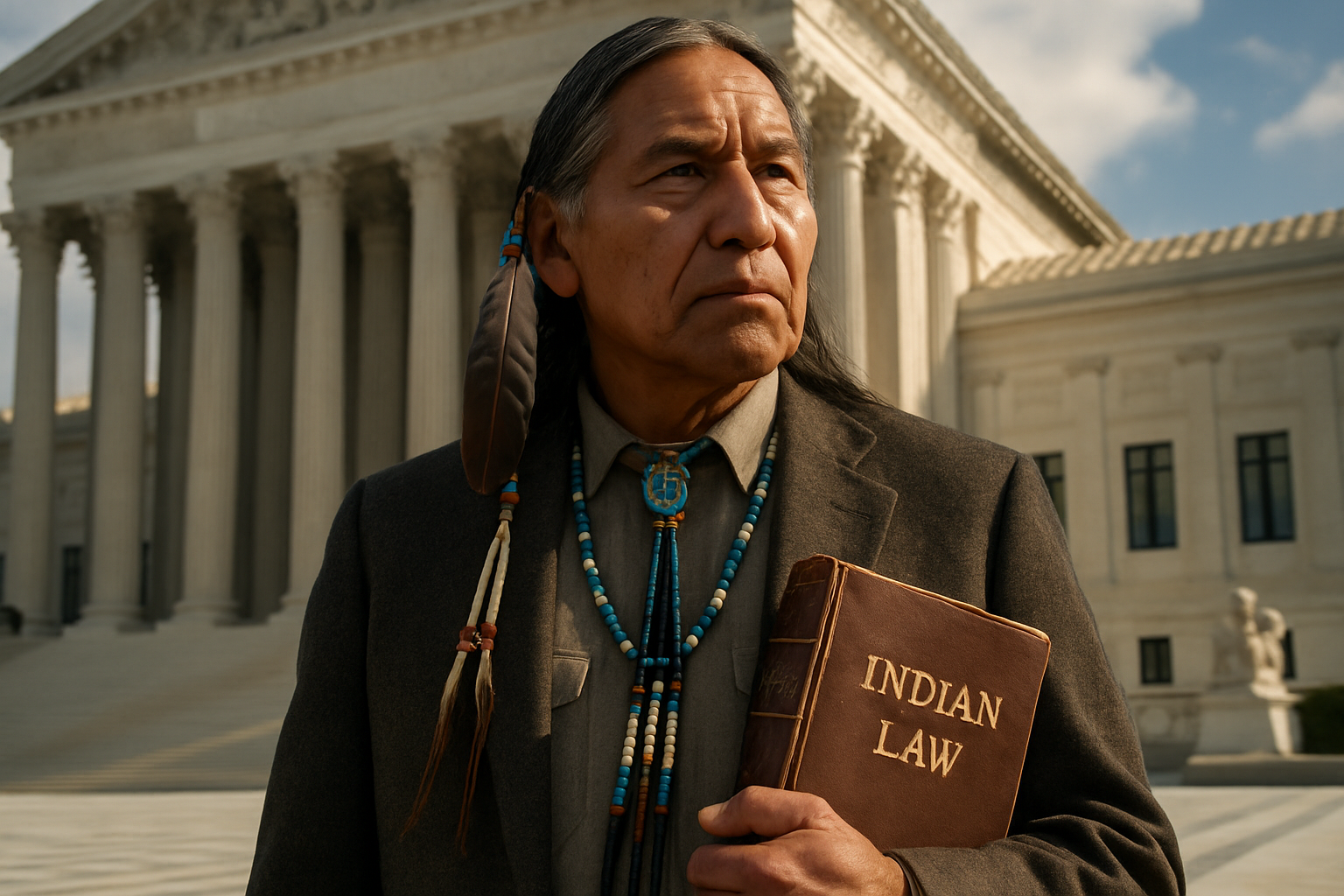Title: The Changing Landscape of Tribal Sovereignty in America
Introduction: In recent years, the legal landscape surrounding tribal sovereignty in the United States has undergone significant shifts, challenging long-held assumptions and reshaping relationships between Native American tribes, states, and the federal government. This evolving dynamic has far-reaching implications for tribal self-governance, economic development, and cultural preservation.

Recent Legal Developments
The past decade has witnessed a series of landmark court decisions and legislative actions that have significantly impacted tribal sovereignty. In 2020, the Supreme Court’s ruling in McGirt v. Oklahoma reaffirmed the Muscogee (Creek) Nation’s reservation status, effectively recognizing that much of eastern Oklahoma remains Indian country. This decision has had far-reaching consequences for criminal jurisdiction, civil regulatory authority, and intergovernmental relationships in the region.
Implications for Criminal Jurisdiction
The McGirt decision has led to a reevaluation of criminal jurisdiction in Indian country. Previously, states often exercised jurisdiction over crimes involving non-Indians on tribal lands. However, the ruling has clarified that for major crimes committed within recognized reservation boundaries, jurisdiction lies with either tribal or federal authorities, not the state. This shift has necessitated the expansion of tribal court systems and law enforcement capabilities, as well as increased cooperation between tribal, federal, and state agencies.
Economic Development and Taxation
Tribal sovereignty plays a crucial role in economic development initiatives on reservations. Recent legal developments have expanded tribes’ ability to engage in various economic activities, including gaming, natural resource extraction, and renewable energy projects. However, questions of taxation and regulatory authority continue to be contentious issues. The ongoing debate over the extent of state authority to tax non-Indian businesses operating on tribal lands highlights the complex interplay between tribal, state, and federal jurisdictions.
Environmental Stewardship and Land Management
As sovereign entities, tribes have increasingly asserted their right to manage and protect their lands and natural resources. Recent years have seen a growing recognition of tribal expertise in environmental stewardship, leading to collaborative efforts between tribes, states, and federal agencies in areas such as water rights, forest management, and wildlife conservation. The incorporation of traditional ecological knowledge into environmental policy represents a significant shift in approach to land and resource management.
Challenges to Tribal Sovereignty
Despite recent legal victories, tribal sovereignty continues to face challenges. Issues such as the scope of tribal civil jurisdiction over non-members, the extent of state authority on reservation lands, and the federal government’s trust responsibility remain subjects of ongoing litigation and policy debates. The dynamic nature of these challenges requires continuous adaptation and negotiation between tribal, state, and federal authorities.
The Future of Tribal Sovereignty
As the legal landscape continues to evolve, the future of tribal sovereignty in America remains a topic of intense interest and debate. Emerging issues such as the regulation of online activities, the protection of cultural and intellectual property rights, and the impacts of climate change on tribal lands are likely to shape the next chapter in this ongoing legal narrative. The resolution of these challenges will require innovative approaches to governance, cooperation, and dispute resolution.
In conclusion, the changing landscape of tribal sovereignty in America reflects a broader reassessment of the relationship between indigenous peoples and the nation-states that encompass their traditional territories. As this legal evolution continues, it promises to reshape not only the governance of Native American tribes but also the fundamental principles of federalism and self-determination in the United States. The ongoing dialogue and legal developments in this area will undoubtedly have profound implications for tribal communities, state governments, and the federal system as a whole.






